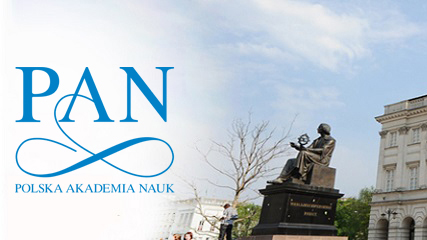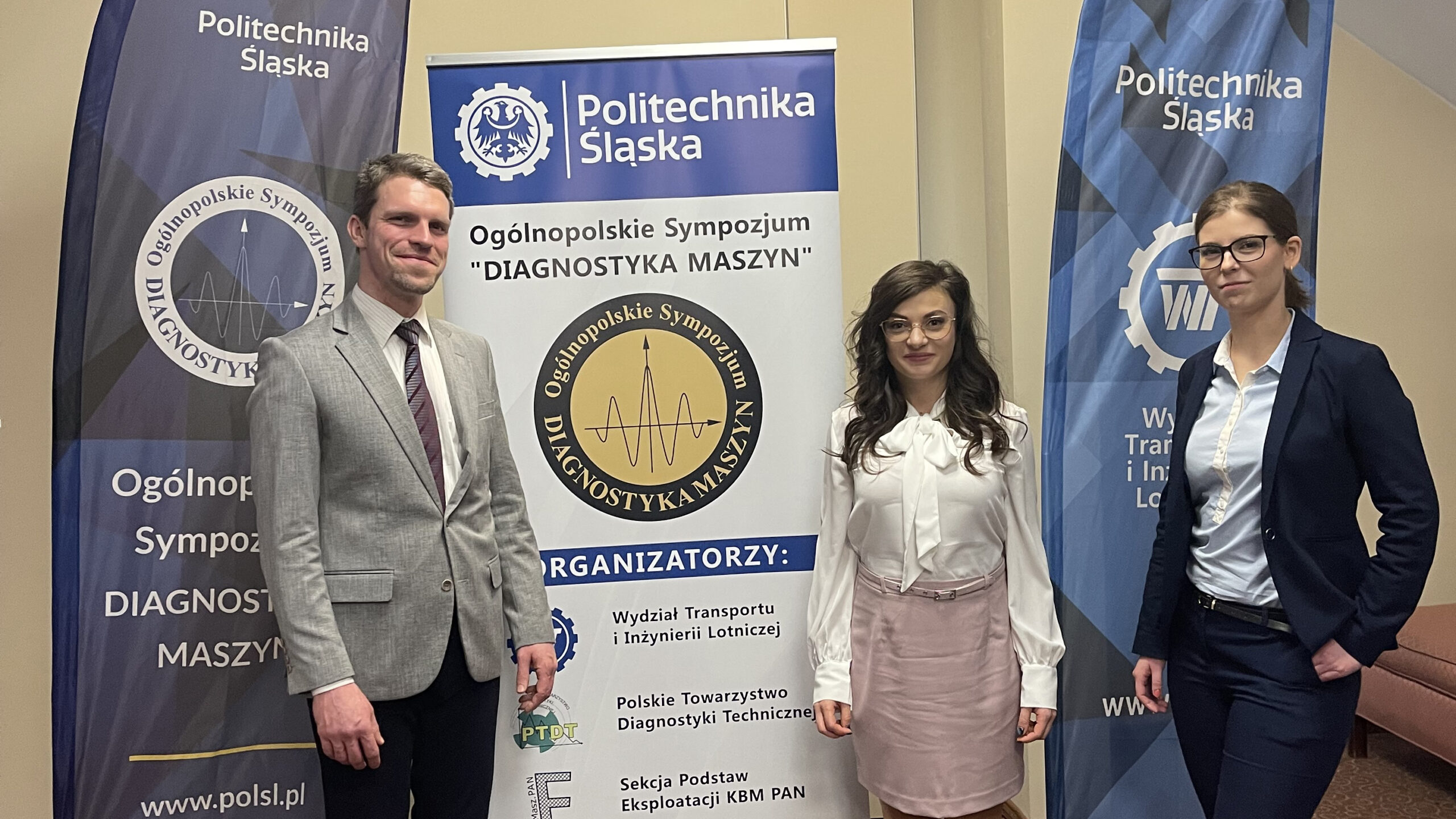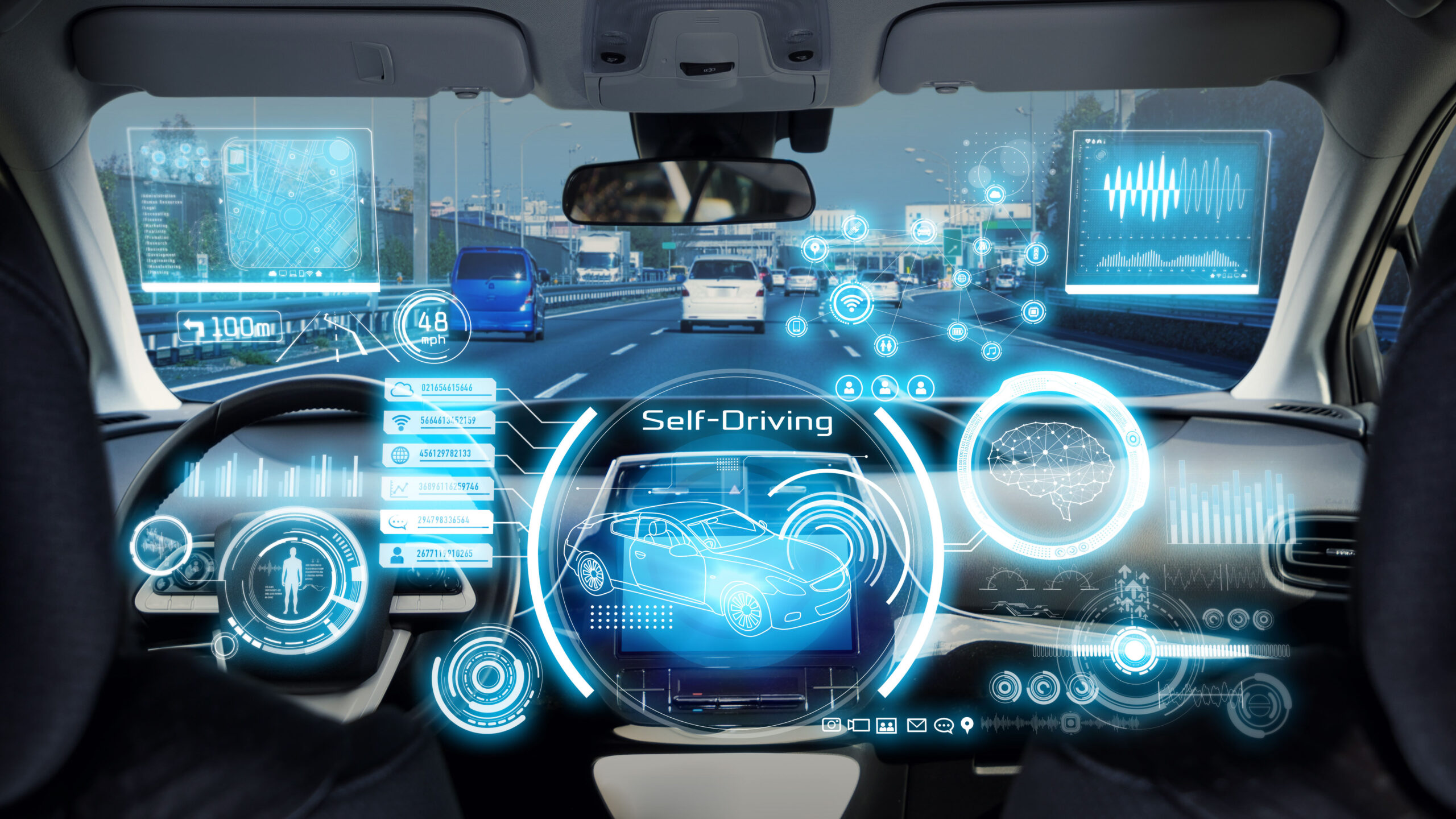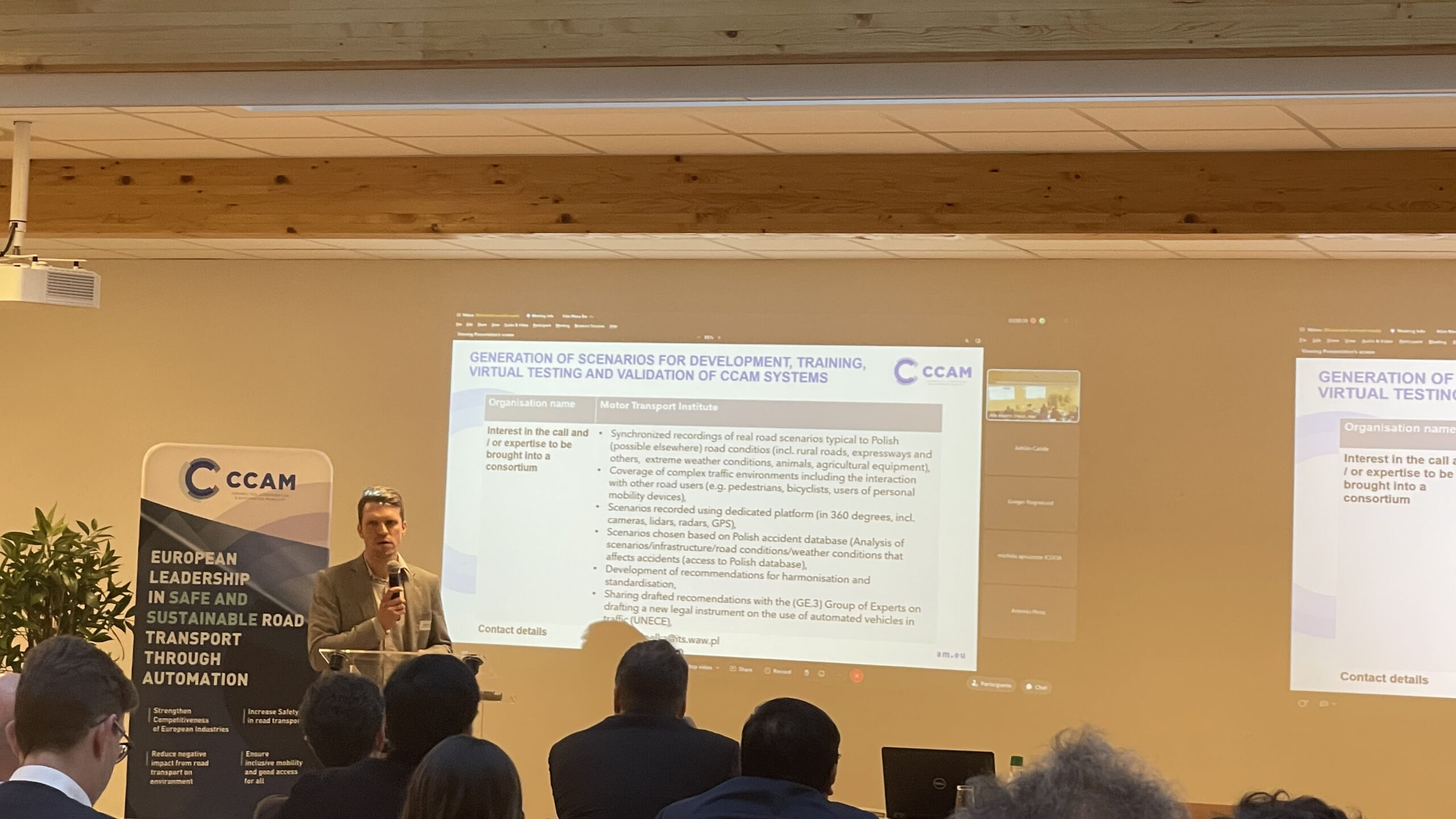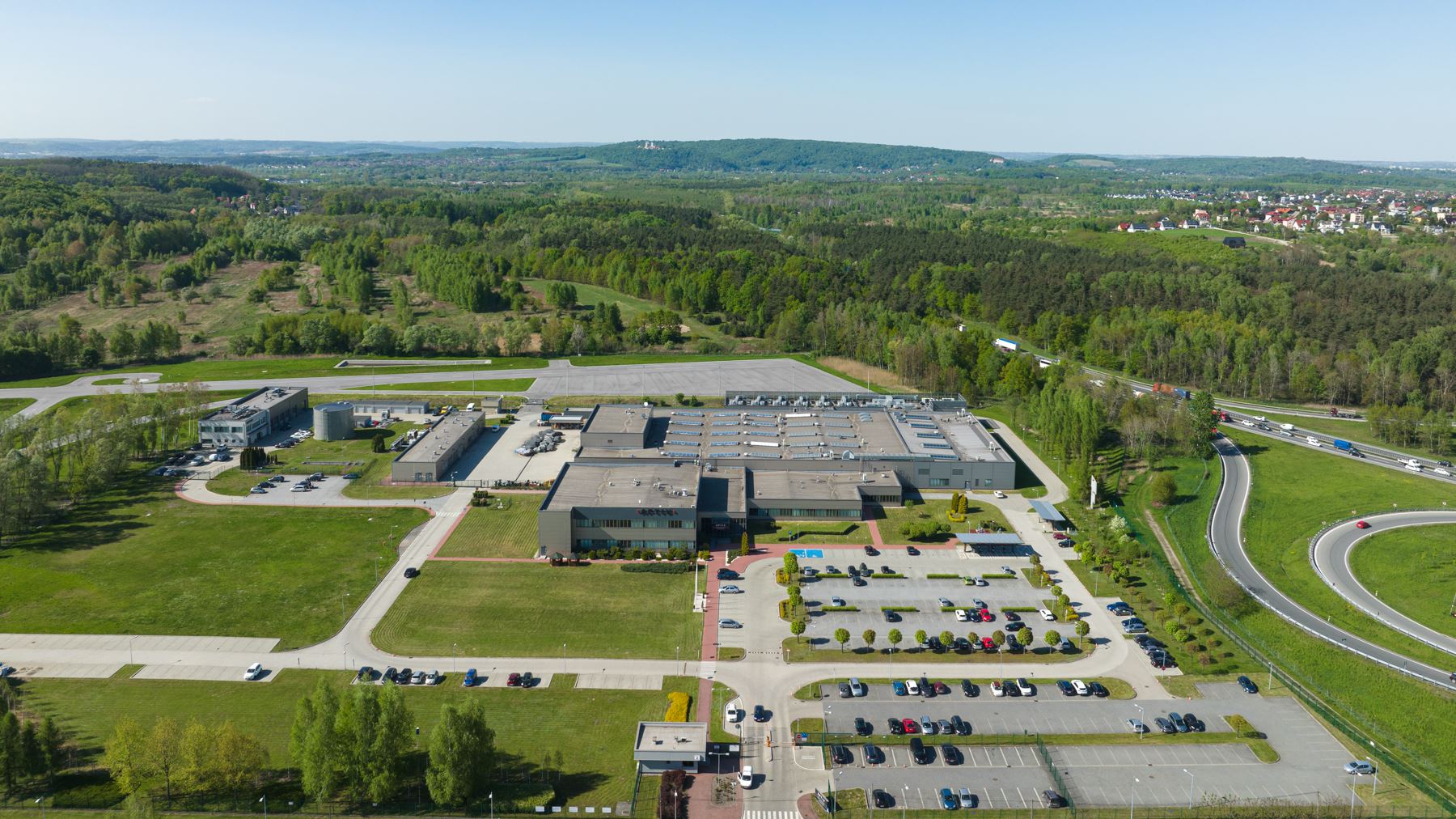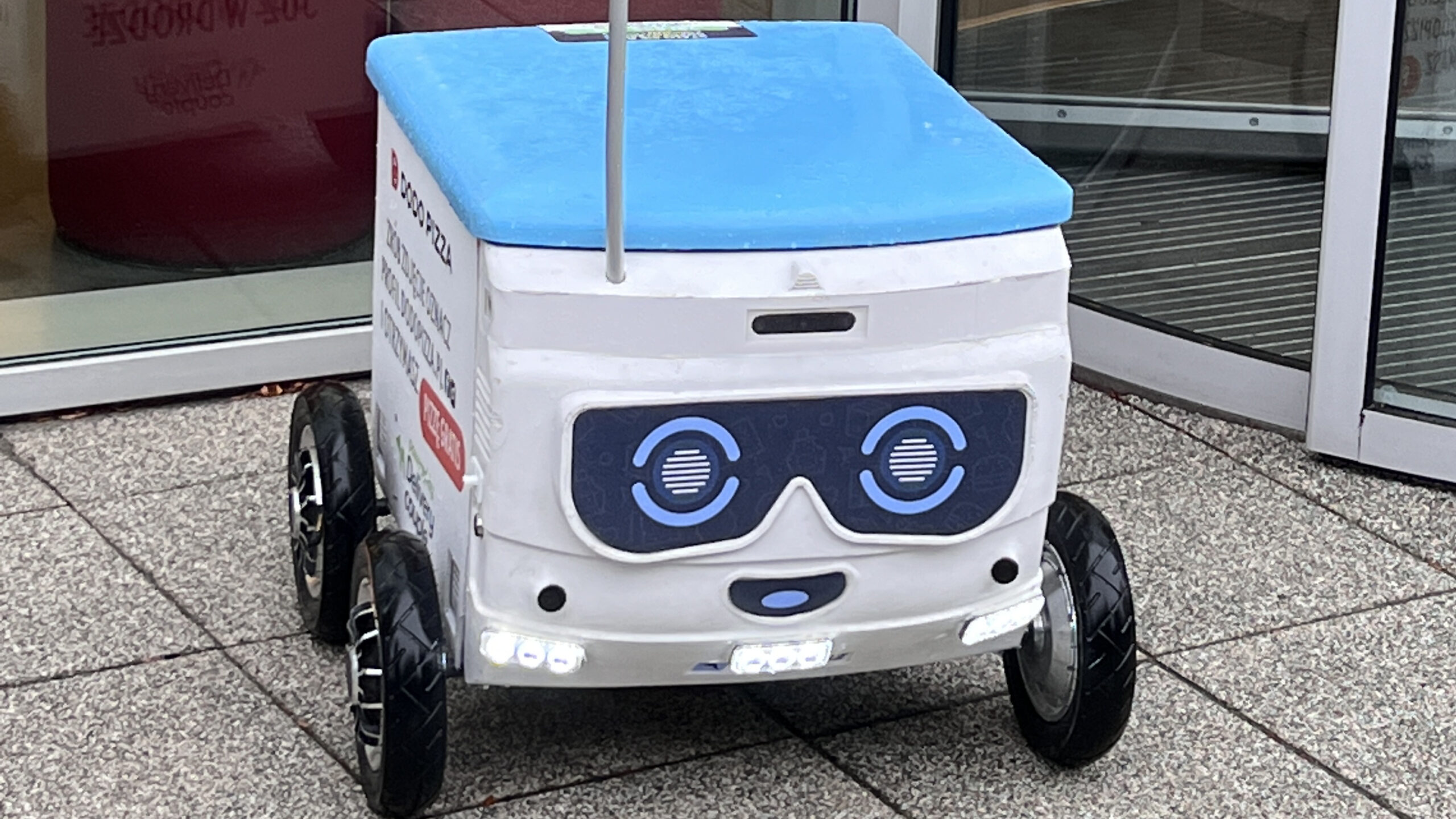Electromobility and Autonomous Transport Section of the Committee on Transport Polish Academy of Sciences meeting
On February 17, 2023, the Electromobility and Autonomous Transport Section of the Committee on Transport Polish Academy of Sciences meeting, chaired by the head of the Connected and Autonomous Vehicles Competence Centre, prof. Marcin Ślęzak, Ph.D., D.Sc., was held at the Faculty of Transport of the Warsaw University of Technology.


